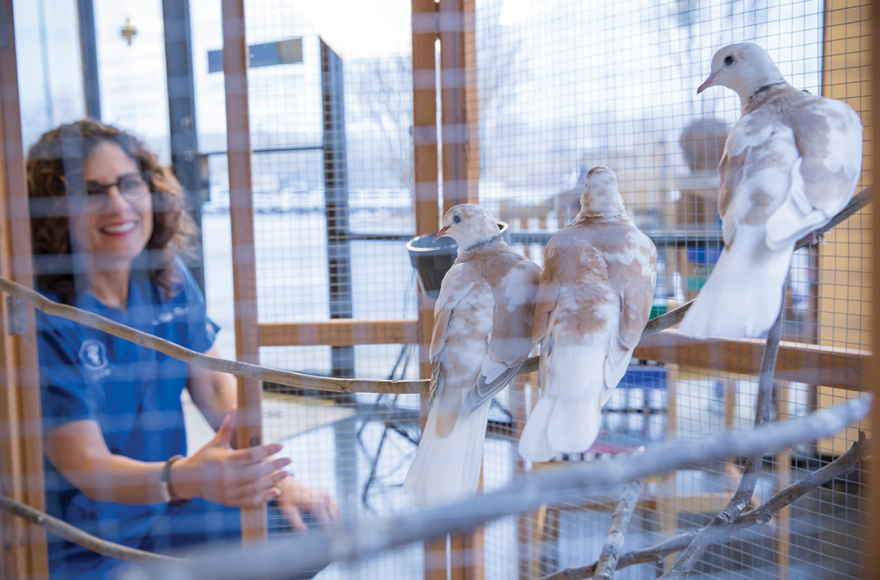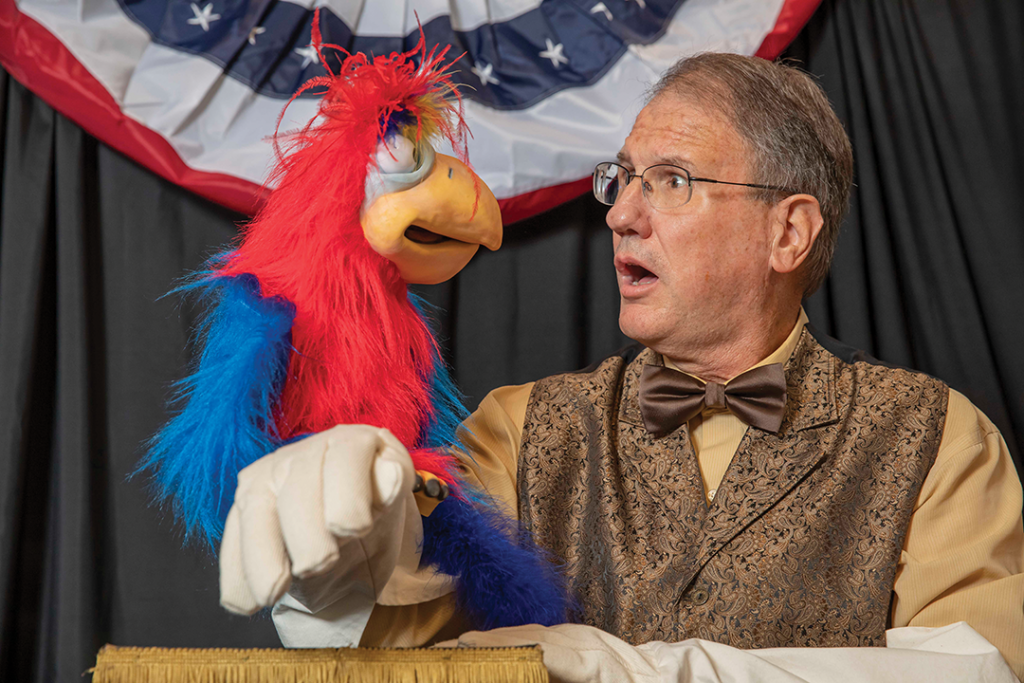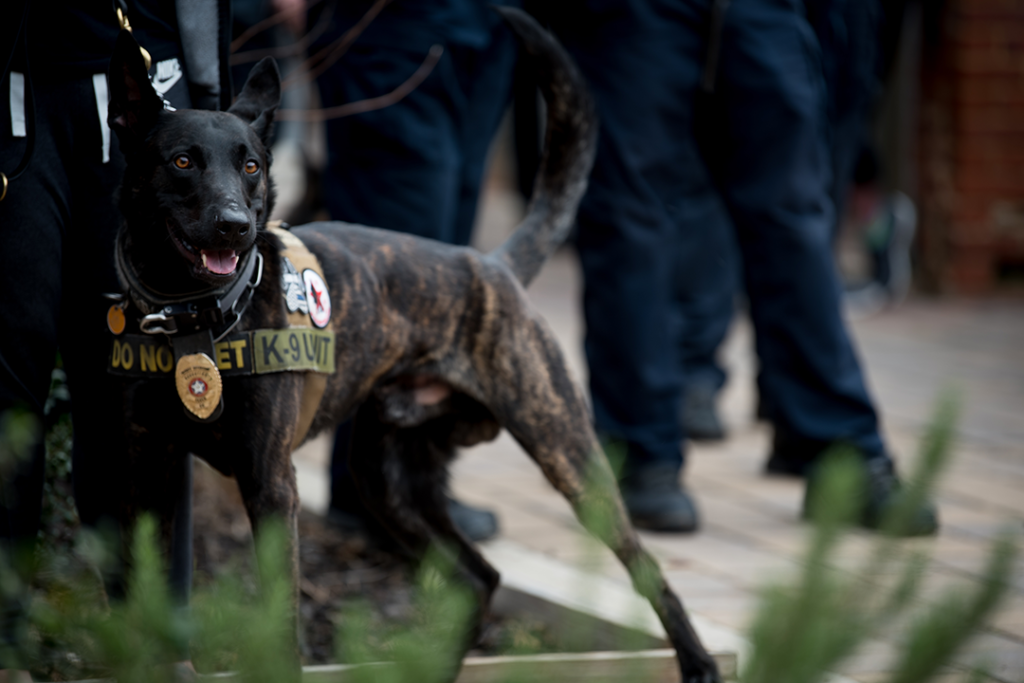Shortly after undergoing a mammogram, Covington veterinarian Dr. Rhonda Ross was met with a diagnosis no woman wants to hear. Her breast cancer survival story stands as a testament to the importance of early detection.
When Dr. Rhonda Ross received a message to call her doctor, she immediately felt nervous. The Covington veterinarian knew good test results usually arrive by mail. The news no one wants to get? That kind arrives by phone.
Ross had undergone a routine mammogram just a few days before, and she had no reason to be concerned about the results. It had been four years since her last mammogram, but she was not part of any high-risk group, and there was no family history of breast cancer. She had no symptoms, no indication that anything was wrong. It was a complete surprise to learn the test had revealed abnormalities. She had to return to her doctor as soon as possible for further testing. After undergoing an MRI and two biopsies, Ross received a diagnosis: Ductal Carcinoma in Situ, high grade.
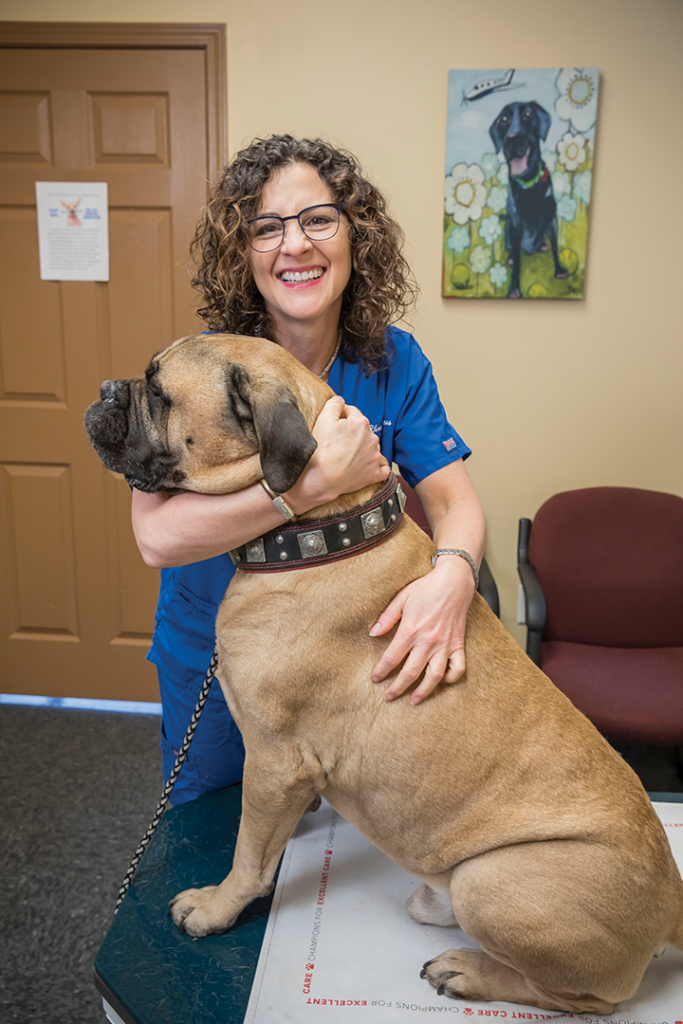
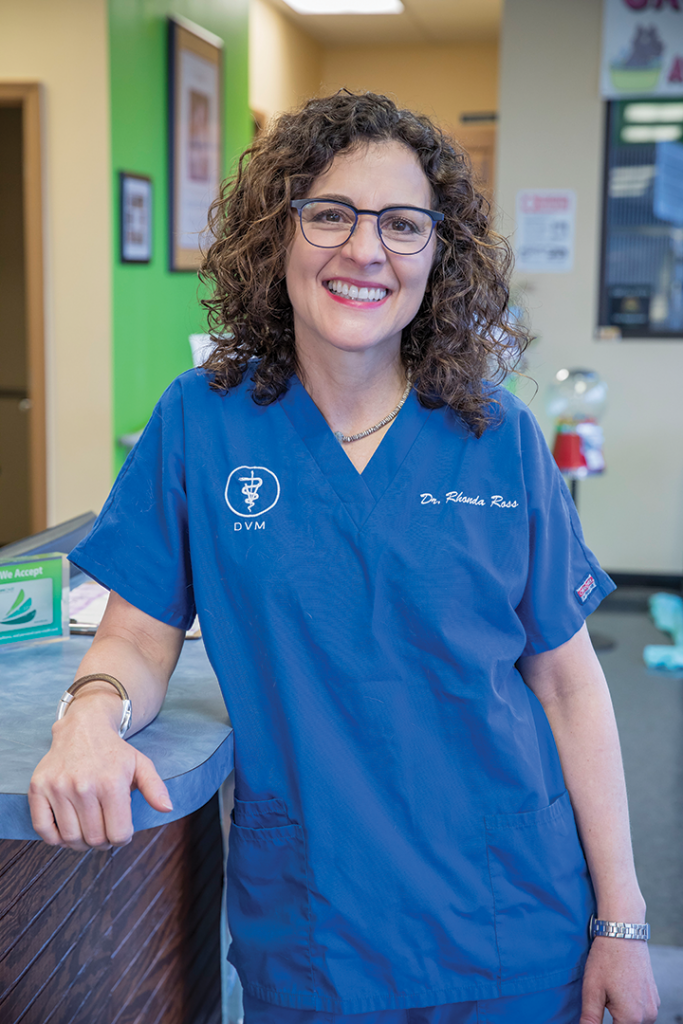
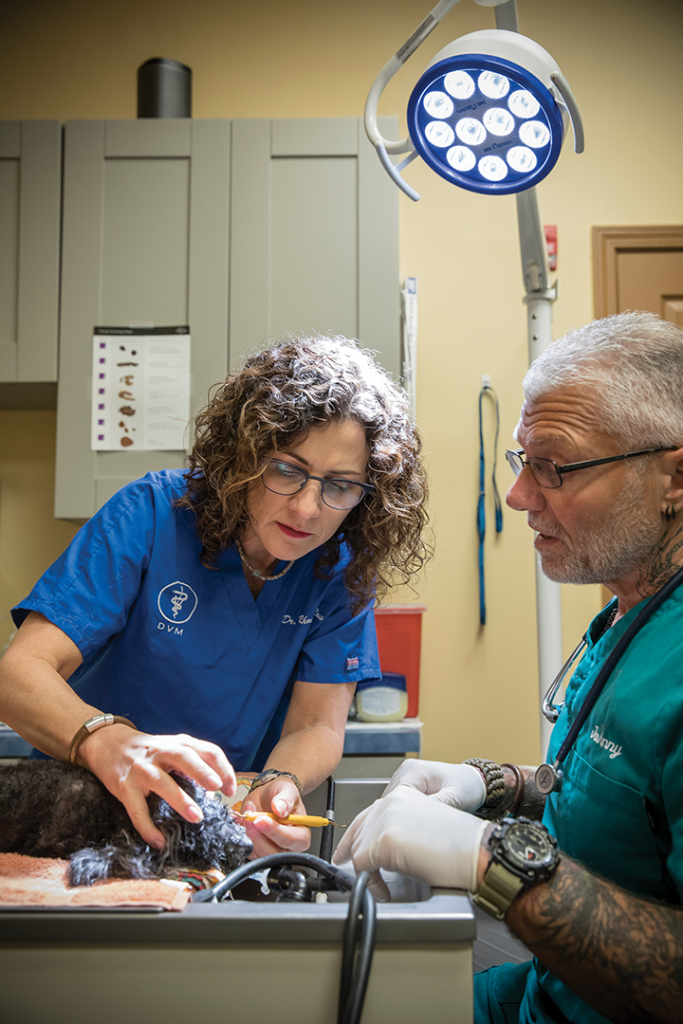
DCIS occurs when cells that line the milk ducts become malignant but do not penetrate through the duct walls. Usually, the malignant cells remain inside the ducts and do not spread to the surrounding breast tissue, blood stream or lymph nodes. However, if left untreated, DCIS can go on to become an invasive form of breast cancer.
“As a doctor, it was shocking and upsetting to hear that I had high-grade carcinoma,” Ross said. “Mammary carcinoma is unfortunately something I deal with in veterinary medicine, as well. I knew right away the seriousness of this diagnosis, and I was devastated.”
“As a doctor, it was shocking and upsetting to hear that I had high-grade carcinoma. Mammary carcinoma is unfortunately something I deal with in veterinary medicine, as well. I knew right away the seriousness of this diagnosis, and I was devastated.”
Dr. Rhonda Ross
Ross had never been seriously ill or hospitalized before. She is a certified fitness trainer whose hobbies include running, working out, horseback riding and taking her pets to the park. She admits that she and her family were shocked that this could happen to her, and the fact that it did was eye-opening.
“Cancer does not single out any one type of person. It is not biased,” Ross said. “You never know how strong you are until this happens.”
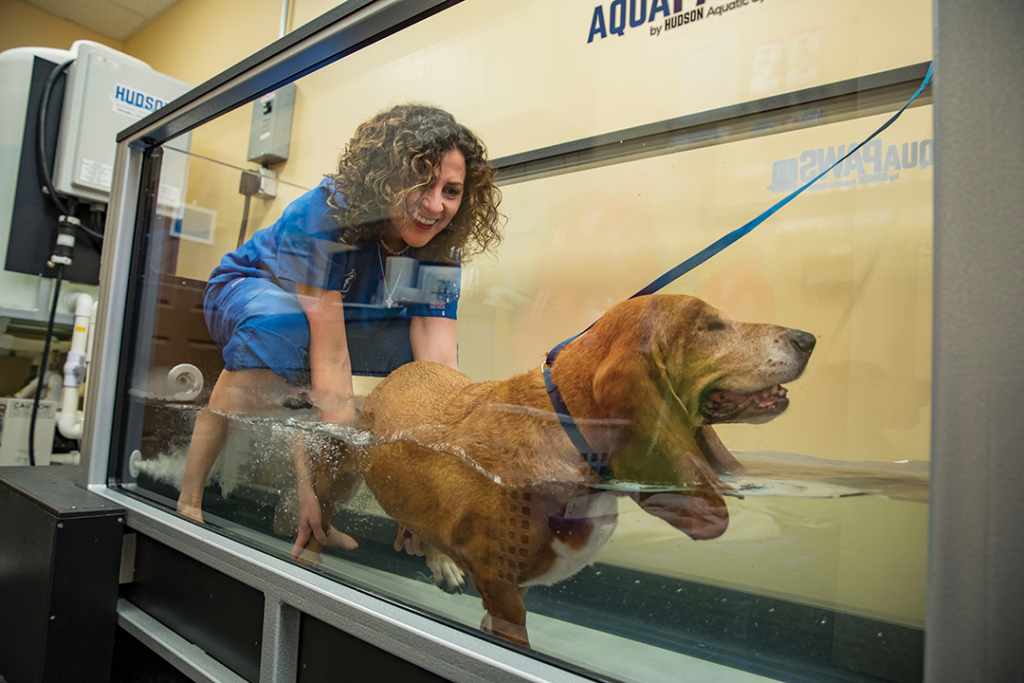
Ross’ surgeon performed a lumpectomy to remove the cancerous areas, but the results showed that the margins were not clear of malignant cells. Through another biopsy, the surgeon managed to obtain clear margins. A few weeks later, Ross began radiation therapy and a drug called Letrozole, which helps control cancers that are driven by estrogen. Ross had to go for radiation every day for four weeks and will remain on Letrozole for the next five years. Her prognosis is excellent.
Undergoing cancer treatment brought new opportunities for the pet-parent of four dogs and two cats to understand what her pets and patients experience when ill. Although she was already familiar with the drugs used in her procedures, it was enlightening to learn exactly how it felt to be on the receiving end of each treatment.
“I know what the drugs are supposed to do, like local lidocaine, but it was good to actually experience this and confirm it—since my patients can’t tell me,” Ross said, seeing the experience as a silver lining. “I’ve always been compassionate with the pets in my care, but this has allowed me an even higher awareness of their fear and anxiety. I was scared, like I see my patients so many times, so I could basically better understand and feel what my patients feel. I especially felt this during the biopsies.”
As a result of her own experiences as a patient, Ross is initiating a fear-free experience in her practice: Ross Animal Hospital and Rehabilitation Center. She hopes to complete the certification process soon. She has also doubled-down on spreading awareness about the importance of routine medical screening—for humans and animals.
“I cannot stress enough the importance of regular medical screening. I will never miss again,” she said. “With pets, they age so much faster than us; it is critical to have them checked every six to 12 months.”
Spaying is another important preventive measure for mammary cancer in animals.
“Spaying helps decrease the percentage of mammary tumor development,” Ross said, “as many are hormone-driven.”
Ross credits her supportive boyfriend and her faith for helping get her through this health crisis.
“I am a practicing Catholic, God-fearing. I asked Him why,” she said. “I went through a moment of self-pity, then realized that God is with me, with us all, and if we believe that, He will take care of us no matter what struggle we face.”
Keeping a positive mental attitude remains a key factor in Ross’ return to good health.
“I am learning to control the stress in my life,” she said, “and to thank God for each day—and remembering to stay in the moment and enjoy life.”
Click here to read more stories by Kari Apted.

